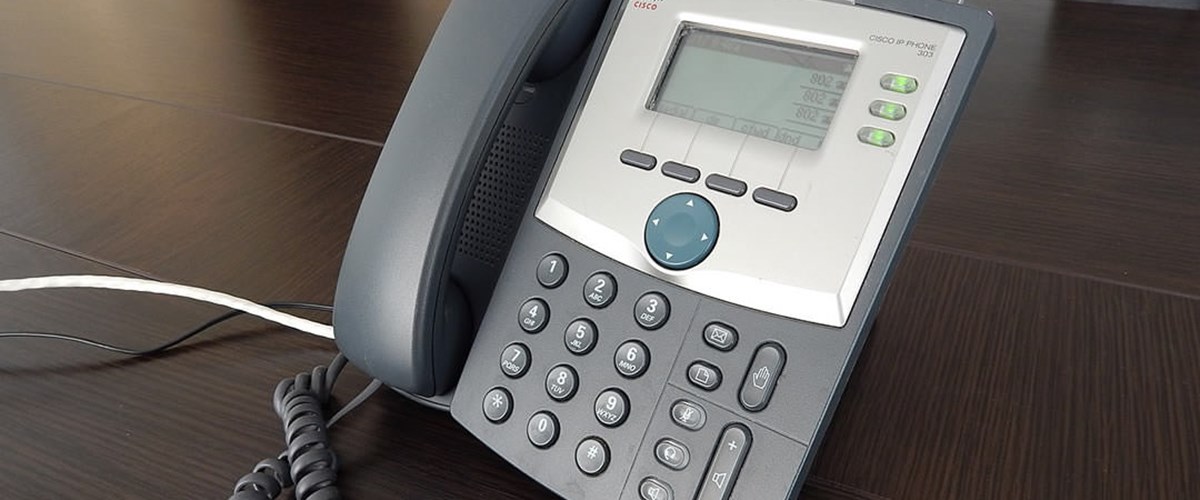
Creator: Wikimedia - License: CC BY-SA 4.0
In today's highly competitive business world, customer satisfaction is a critical factor that can make or break a company. With the rise of digital technology, businesses are exploring innovative ways to improve customer service and satisfaction. One such technology that has gained immense popularity is Voice Over Internet Protocol (VOIP) and phones. VOIP is a technology that enables voice communication over the internet, rather than traditional phone lines. In this article, we will explore how VOIP and phones can improve customer service and satisfaction.
VOIP enables cost-effective communication
One of the primary advantages of VOIP is its cost-effectiveness. Traditional phone lines are expensive, especially for long-distance calls. In contrast, VOIP calls are significantly cheaper, as they use the internet to transmit data. As a result, businesses can save money on their communication expenses, which can be redirected to improving customer service and satisfaction.
VOIP enables remote working
With the rise of remote working, VOIP has become a vital tool for businesses. VOIP enables employees to work from anywhere, as long as they have an internet connection. This flexibility enables businesses to provide 24/7 customer support, which can improve customer satisfaction.
VOIP enables call forwarding and routing
Another advantage of VOIP is its call forwarding and routing capabilities. With traditional phone lines, it is difficult to route calls to different departments and employees. In contrast, VOIP enables businesses to route calls to different employees or departments, based on their availability and expertise. This ensures that customers are connected to the right person, which can improve customer satisfaction.
VOIP enables video conferencing
In addition to voice communication, VOIP also enables video conferencing. Video conferencing is a powerful tool that enables businesses to connect with customers face-to-face, even when they are not physically present. This can improve customer satisfaction, as customers feel more connected to the business.
VOIP enables voicemail transcription
Traditional voicemail systems can be challenging to manage, especially when there are multiple messages to listen to. VOIP enables voicemail transcription, which converts voicemail messages into text format. This makes it easier for employees to manage their voicemail messages, which can improve response times and customer satisfaction.
VOIP enables call recording
Call recording is a useful tool that can help businesses improve customer service and satisfaction. With VOIP, businesses can easily record calls, which can be used for training purposes. By analyzing call recordings, businesses can identify areas where employees need to improve, which can improve customer service and satisfaction.
Phones provide a personal touch
Although VOIP has several advantages, traditional phones still have a role to play in customer service. Phones provide a personal touch that cannot be replicated by digital communication channels. When customers speak to a real person, they feel valued and connected to the business. This personal touch can improve customer satisfaction.
Conclusion
In conclusion, VOIP and phones are powerful tools that businesses can use to improve customer service and satisfaction. VOIP provides cost-effective communication, enables remote working, call forwarding and routing, video conferencing, voicemail transcription, and call recording. Meanwhile, phones provide a personal touch that cannot be replicated by digital communication channels. By leveraging these technologies, businesses can provide exceptional customer service, which can improve customer satisfaction and loyalty.